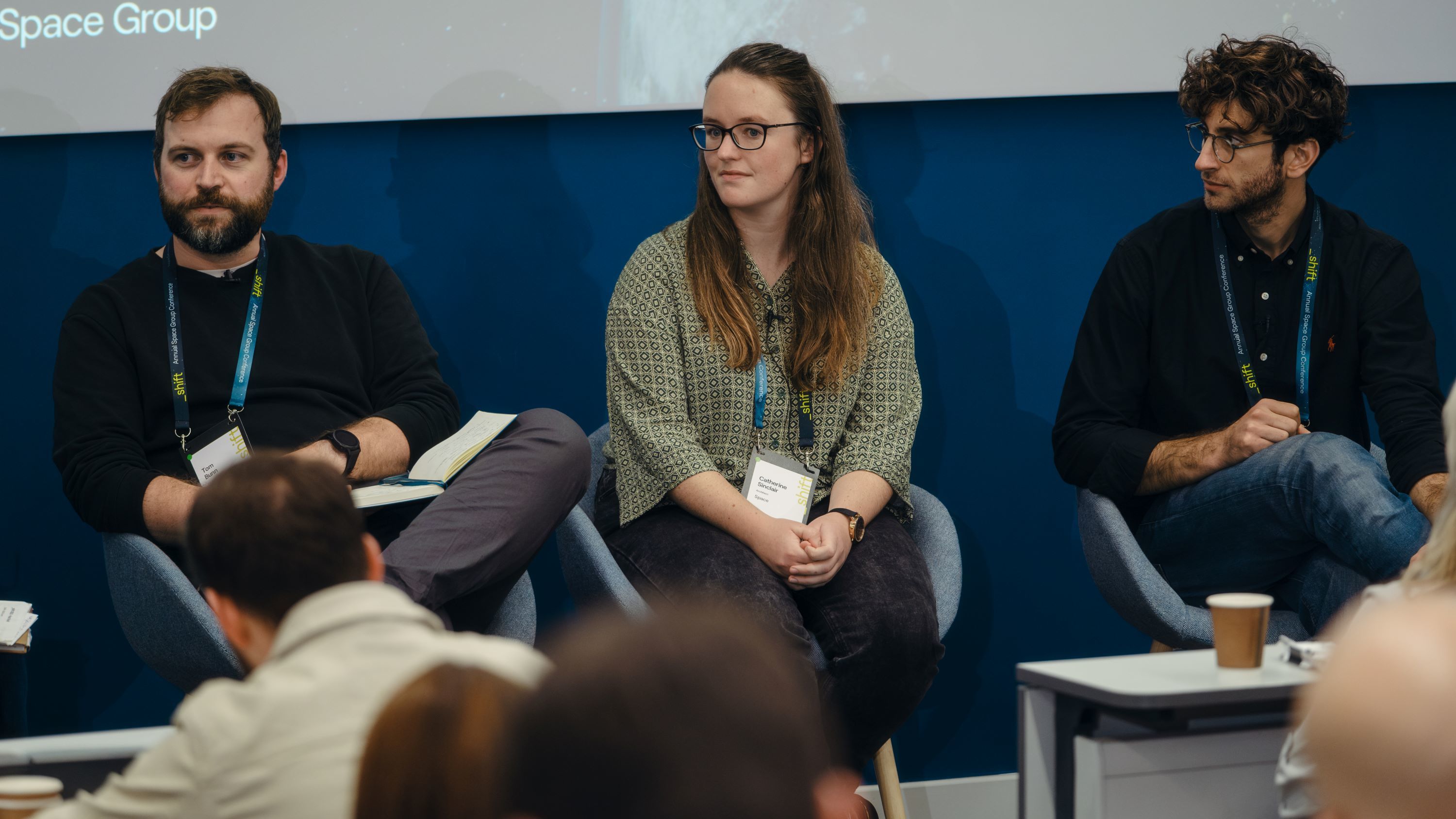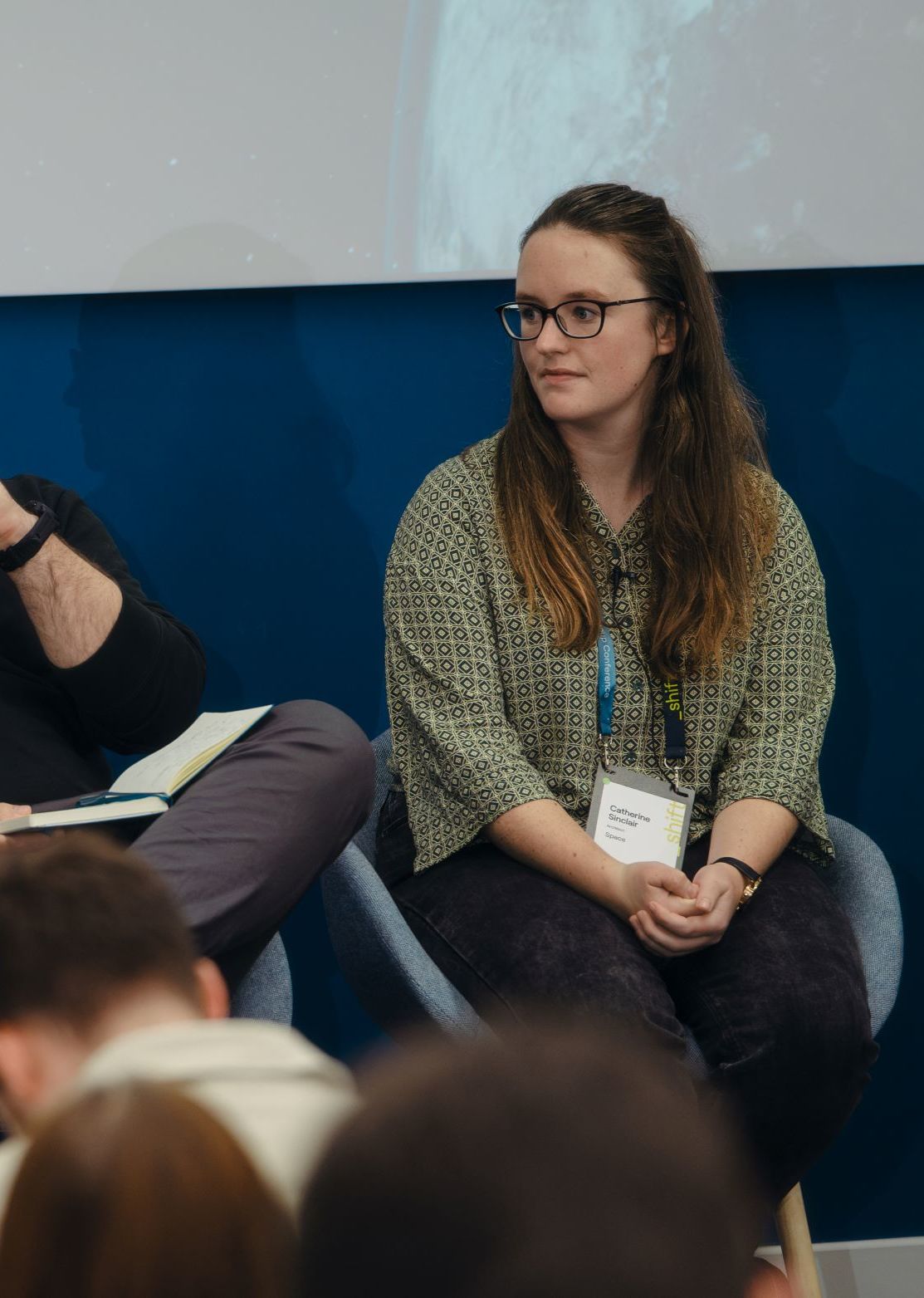

Reflecting on her recent achievement, Catherine expressed her gratitude: “I am honoured to be selected as a RIBA Journal Rising Star for 2024. This recognition shines a light on the important work we’re doing at SPACE in collaboration with Northumbria University to reduce whole-life carbon from the offset. Design decisions made early in the process have a massive impact on the overall carbon footprint of a building, and this digital tool will allows architects to make more accurate and sustainable choices."
Catherine is an advocate for embedding whole-life carbon analysis into the core of architectural design—a shift that many in the industry agree is necessary to combat climate change effectively. Her referee, Northumbria University associate professor Zaid Alwan, praised her“huge contribution” to reducing whole-life carbon across all RIBA project stages. The judges were equally impressed, with James Purkiss commenting,“Catherine is an innovator in bringing whole life carbon analysis into design, which is crucial to tackling the challenge of climate change.”
Catherine's work has a far-reaching impact, extending into academia, industry discussions, and public platforms. At Northumbria University, she regularly lectures on the importance of early-stage carbon reduction in the design process, sharing her knowledge and inspiring the next generation of architects. Catherine also plays an active role in SPACE Architects' industry outreach, contributing to the _shift conference as both a speaker and panellist. Furthermore, Catherine recently attended and presented at this year's 2024 European Conference on Computing in Construction.
Rob Charlton, CEO of SPACE Architects, offered his congratulations to Catherine, stating, “We couldn’t be more proud of Catherine and her recent selection as a Rising Star. She exemplifies what it means to lead by innovation and vision. Her contributions to reducing whole-life carbon are shaping the future of sustainable design, and this recognition is a reflection of the tremendous impact she’s already made.”
SPACE Architects is proud to support Catherine in her journey. Her recognition as a RIBA Journal Rising Star marks the beginning of what promises to be a truly impactful career, and we look forward to seeing how her work will continue to transform the future of architectural practice. Once again, congratulations to Catherine on this incredible achievement! Her drive, passion, and dedication to reducing whole-life carbon sets a powerful example of how we can address the challenges of climate change through design.

